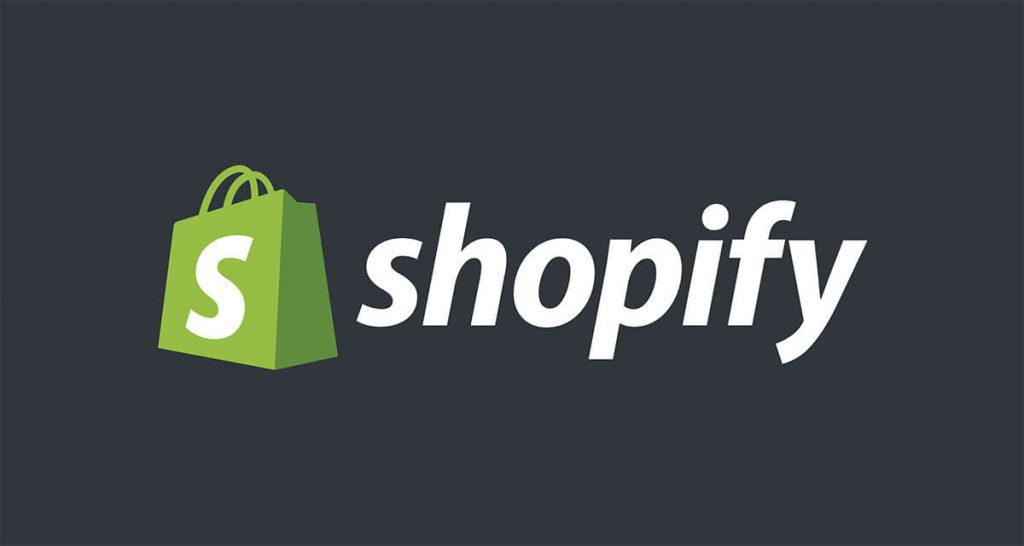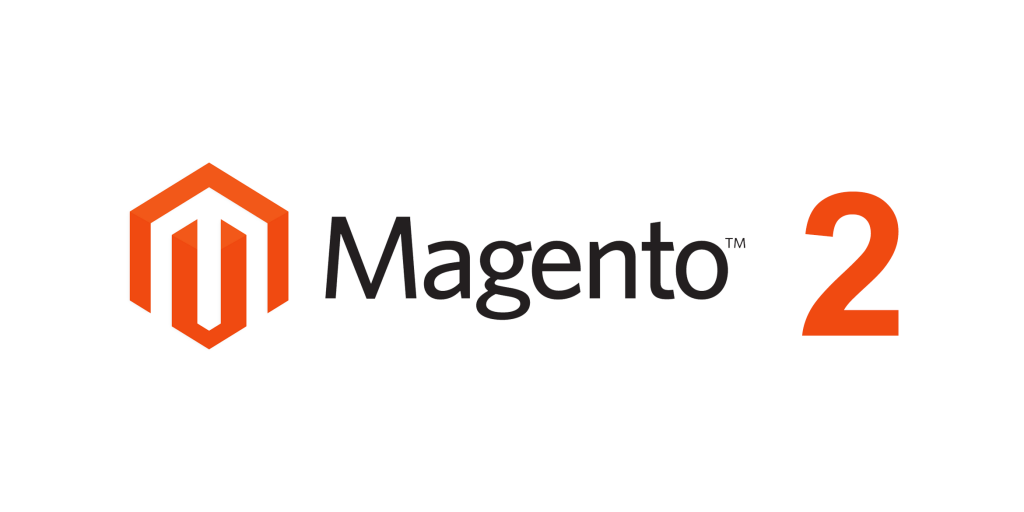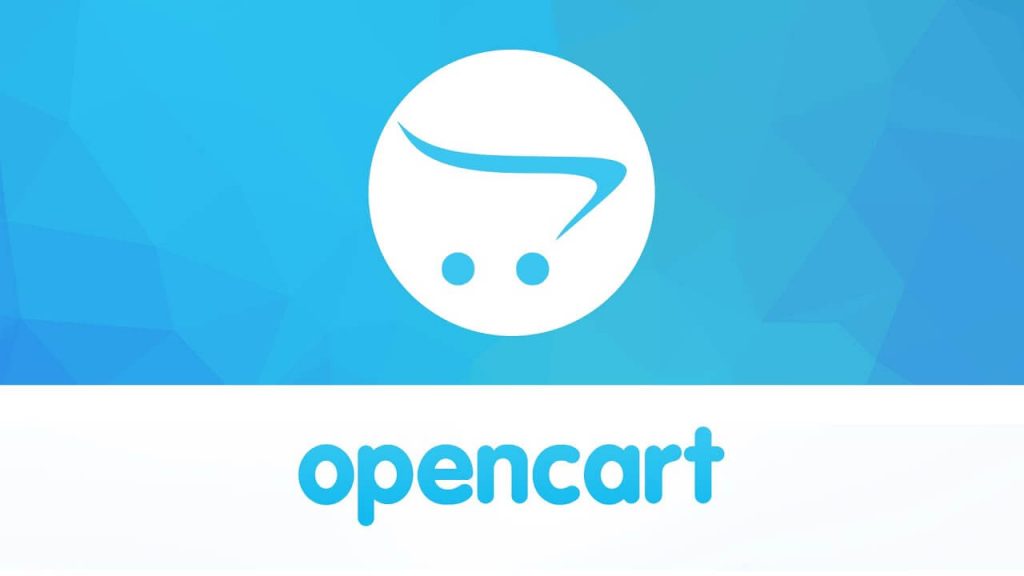
Bite-Sized Ecommerce Platforms Overview
Bite-Sized Ecommerce Platforms Overview
Most of the searches on Google today are either related to purchasing products or services. It’s no wonder the e-commerce market is on the rise. According to Statista, the retail e-commerce sales around the world accounted for $2.3 trillion in 2017, which is expected to reach $4.88 trillion by 2021.
This has opened new doors and opportunities for businesses looking to sell products online. Unfortunately, the sheer desire to start an online business is not enough to get a share of the growing e-commerce market. There are many steps leading up to a successful online business, and the first is choosing the right e-commerce platform for website development.
Since there is a wide variety of platforms available, you should shop around for the platform that best matches your particular requirements. You need to consider the products that you’ll be selling, payment methods, resources, as well as whether or not you want room for growth in the future.
E-commerce platforms can make it easier for you to sell things online by allowing you to create a store without investing as much time as custom building one. You wouldn’t need to handle the complex coding or other technical aspects, which allows you to focus on your business.
Here are the top e-commerce platforms that you should be using to build your e-commerce website.

1. Shopify
Shopify is one of the best e-commerce platforms for small businesses who are aspiring to grow over time. It allows you to build a store that looks professional and attract customers. It comes with a free tool to create your unique brand logo and find a domain name that compliments your business idea.
You can browse free, high-resolution images from Burst to customize your site. You also get access to a broad range of free and paid themes to make your website look alluring and stand apart from the competition.
Using Shopify, you can not only start an e-commerce store but also list your products on other online marketplaces and social media platforms.
For improved search engine optimization (SEO), the platform allows the addition of custom meta descriptions and title tags for every product. Furthermore, you can develop custom landing pages on your site, which is good for marketing.
Key features:
• 70+ professional themes
• Mobile commerce ready
• Web-based website builder
• 100 payment gateways
• Automatic taxes
• 50+ languages
• Search engine optimized
• 24/7 support
Pricing:
Shopify offers a free trial for 14 days without asking for any payment information. The basic plan starts at $29 per month. The other two plans are priced at $79 per month and $299 per month.

2. Magento Commerce
Magento, now an Adobe company, is a leading player in the e-commerce game. It is currently powering over 150,000 websites, including some from fortune 500 companies. It is, on average, more focused on large businesses or companies looking to do a huge majority of their ongoing business through e-commerce.
It provides you with an easy drag and drop page builder, options for content staging and preview, and the ability to create customized content and promotions. You can segment customers and personalize their buying options. To help existing customers make an instant purchase, the platform offers the ability to skip the regular checkout steps.
There are effective features like visual merchandising and Elastic search that can help in driving conversion rate. It supports mobile-first commerce, B2B e-commerce, PWA Studio, sales and ad channels, and global expansion.
For accelerated and data-driven operation, Magento Commerce has capabilities like business intelligence, inventory management, order management and customer service, etc.
Key features:
• Customer segmentation and personalization
• Dynamic rule-based product relations
• Visual merchandising
• Managed cloud solution
• Support for global sites
• Integrated B2B functionality
• Multiple payment gateways
• SEO optimized
• 24/7 support
Pricing:
Community edition is free. For the enterprise edition you need to spare $2200/month. Additionally, there are higher premium options which you can opt for.

3. Wix
Wix is a well-known website builder that enables you to design and build websites. It is not only a platform for e-commerce sites but also business websites and bloggers.
The platform comes with more than 500 ready-made templates which can be used directly to create the store. The drag and drop website builder helps you to customize the site and adjust things as per the need. Wix is also an AI website builder, which can generate a site in a few minutes. You can add scroll effects, video backgrounds, animation and other such effects to your site to make it look beautiful and professional.
Wix is scalable so that you can add more new features with the growth of the business. It is also optimized for SEO and mobile to make your site rank higher on Google and other search engines. It comes with a Mobile Editor which is used to personalize the site for mobile view.
Key features:
• Store manager
• Price comparison table
• Holiday Badges
• 500+ ready-made templates
• Marketing Automation
• Contact Management & CRM
• Etsy Shop
• Mobile Editor
Pricing:
Wix plans for e-commerce start at $17 per month.

4. WooCommerce
As compared to other e-commerce platforms, WooCommerce is a little different because it’s a WordPress plugin. This brings you the benefits of both WooCommerce and WordPress.
Used by more than 28% of all the online stores, WooCommerce comes with over 400 extensions which you can use to fulfil all your requirements whether it is marketing, logistical, technical, or more. Plus, you can browse unlimited free and paid themes that are part of WordPress.
The platform is fully customizable and brings built-in support for blogs. Every product can have category, tags, attributes, ratings, reviews, and images.
You can sell physical products, downloadable services, as well as affiliate products using it.
Key features:
• Built on WordPress
• 400+ official extensions
• Countless themes
• Built-in blogging
• Unlimited images and galleries
• Import and export products
• SEO optimized
Pricing:
Like WordPress, WooCommerce is open source and free. You only need to invest in domain and web hosting. However, plugins come at an additional cost.

5. OpenCart
OpenCart is a free and open-source e-commerce platform that makes the management of products, customers, orders, taxes rules, and coupon codes easier for you.
The platform brings you more than 13,000 modules and themes which you can explore and select as per the requirement of the store and its functionalities. You can access all the information from a single dashboard and get a glimpse of everything.
OpenCart allows you to manage multiple stores from a single interface. You can show the products on different stores and select a unique theme for each store, keep different prices, and change the settings.
It also features an in-built affiliate system, so that you can allow affiliates to promote your products.
Key features:
• Multi-store
• In-built affiliate system
• Responsive & SEO friendly
• Sell in any currency
• 40+ languages
• 13,000+ modules
Pricing:
It is free and open-source. Some of the modules and themes are premium though that range between $20-$100.
Wrapping up
Finding the best e-commerce platform will need some comprehensive research. Every platform has its strengths and weakness, and unique capabilities and pricing.
The platforms mentioned in this article are the ideal choice for e-commerce website development. Just analyze your needs and select the right one.
The views included in this article are entirely the work and thoughts of the author, and may not always reflect the views and opinions of Regex SEO.

